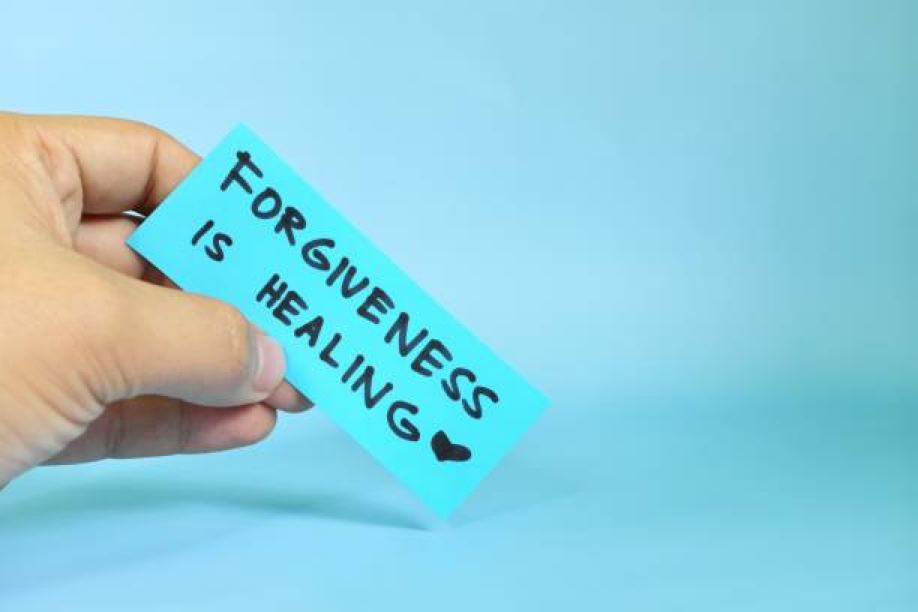Dr. Tom Spudic
“What me worry?”
-Alfred E. Newman
Does anyone remember Alfred E. Newman and Mad magazine? It was a hit back when I was in 7th grade! His famous quote was: “what me worry?”. Alfred rarely thought about anything, but his “wisdom” lives on when it comes to listening.
Here’s the popular wisdom:
Listening is easy. (Sure.) Especially when you’re upset. (Right.) And it’s unnecessary when you know the other person is totally wrong! (Now you’ve got it!) The main problem is getting my wife (or husband) to listen to me, not the other way around. She’s the one who needs to learn to listen. I do just fine, thank you, she is the problem! Alfred E Neuman is right!
What, me listen???
Here’s the honest truth. Good listening is a lot harder than it looks. It means seeing (and “feeling”) the world through the other person’s eyes, difficult as that is. Especially when I’m upset, I don’t want to do that. That’s why it’s so hard to work on listening—we don’t think we need to. BUT, unless you get at least mildly good at listening, your chances of getting listened to yourself are like—squat. Effective listening is both the most important and the most difficult skill we have to learn. And most of us don’t even think we have to improve.
What, me listen???
Here is where faith and character intersect. Whereas we sometimes don’t listen attentively to our own spouse, we listen to God even less. We complain because our spouse shouts, but also complain that most of the time God only whispers. We really don’t get to know our spouses or God (through Scripture, the Catechism or the teachings of the Church).
If we really want to have a good and happy marriage, we need to improve listening to our spouses and God. Much of the time I don’t want to listen to either.
One of the greatest gifts we can give our spouses is the feeling that they are fully understood, even if we still disagree. Sometimes we will continue to disagree. But compassionate understanding, achieved through listening, is almost always appreciated–even during conflict.
It is safe to say that God also appreciates it when we listen to His whispers, with our minds and with our hearts:
“Then the Lord said: Go out and stand on the mountain before the Lord; the Lord will pass by… But the Lord was not in the earthquake; after the earthquake, fire but the Lord was not in the fire; after the fire a light silent sound. 1Kings 19:11…12
You’ll notice that listening is the first and most important skill we need to develop. It is probably the hardest skill, because it is most necessary when we are least inclined to use it.
We must not just observe our spouse, but we must learn to listen and listen well. The same goes for our relationship with God. This does not come naturally to most of us. Far too often, what I most like in life is the sound of my own voice!
Effective listening isn’t just listening to (or watching) what your spouse has to say. Good listening also has to happen in such a way that your spouse feels understood and cared for. That requires work and a lot of attention.
Recommendation:
Have your spouse pick some minor and enjoyable topic to discuss, and spend five minutes
JUST LISTENING to her/him (example: What was your favorite TV show at age 10). Don’t interrupt, mind read, argue, or correct. JUST LISTEN. At the end of that time, summarize what your spouse said, as accurately as you can, without adding things, minimizing or otherwise changing her words. Above all don’t criticize, argue of mind read. Then switch roles. When you each finish speaking, silently rate yourself. Then ask your spouse how well he/she felt understood. Resist every impulse to criticize the other person’s effort. This is much harder than it sounds and you have just spent 10 minutes together trying to understand the other person. That deserves a thank you.
JUST LISTENING. Don’t interrupt, mind read, argue, or correct.






